In this article, I discuss ways you can be OK with giving up benefits of a current habit when you are trying to change to a new habit.
I recently made several changes to my diet in order to be healthier, lose weight and enhance my performance in a 12-k swim event in which I will be competing this August. Among the changes was what I put in my two cups of coffee each day. For years, my habit would entail adding milk and two teaspoons of sugar to each cup of coffee. Then a few years ago my sweet morning indulgence became even sweeter when I began adding four tablespoons of vanilla syrup to the sugar I was already stirring into each cup.
This sugary Xanadu became a thing of the past for me when I recently stopped putting sugar and vanilla syrup in my coffee. This was at the recommendation of the person coaching me for my ultra-swim. To make my sacrifice a little easier, he said I could substitute whipped cream for the skim milk I had been using to make my coffee taste experience more enjoyable.
Initially I missed my morning sugar-laden coffee treat a lot. But after over a month of changing my routine, it has turned out to be easier to stick with the new habit than I thought it would be. Doing so has been made easier by the benefits of losing weight, being healthier and performing better. My coach’s idea of giving myself a substitute treat in my coffee in the form of whipped cream has also helped as has my recognizing that I still enjoy coffee as a warm and soothing beverage–with or without sugar.
In the following sections, I will discuss how you can face the challenge of forming new habits which entail giving up benefits you enjoy from your current habits.
Strategy 1: Focus on the greater benefits of the new habit
One way to make it easier to give up the benefits of your current habit is to focus on the greater benefits of the new habit. In my case, the greater benefits of eating healthier, losing weight and enhancing performance from giving up sugar and syrup in my coffee made it easier for me to give up the benefit of enjoying the sweetness of my current habit.
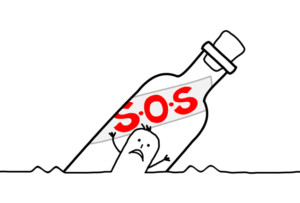
Another example entails clients I help who are trying to give up the use of substances such as alcohol and drugs. These clients find it easier to stop using the substances when they recognize that the benefits of not using exceed the benefits of using.
To instill this awareness and therefore maximize the use of this strategy, I invite my clients to list these benefits on a card and read the card twice daily. Clients also find it helpful to read the card when they are tempted to revert to their old habits. Doing so allows them to overcome these urges by reminding them that the benefits of their new habits are greater than the benefits of their old habits.
Strategy 2: Obtain the benefits from the new habit which you received from the old habit
A second strategy to make it easier to give up a current habit is to find ways you can obtain the same or similar benefits from the new habit. For example, I was able to obtain the benefit of a sweet-tasting cup of coffee with my new habit by adding whipped cream.
Similarly, I encourage my substance use clients to identify ways they can obtain the benefits they derive from their alcohol use by engaging in other activities. For example, for many of these clients the benefit of relaxation and stress relief which the substance provides can be enjoyed through relaxing activities such as exercise and meditation.
It is good to use this second strategy of obtaining similar benefits from the new habit in tandem with the first strategy of increasing your awareness of the relatively greater benefits of the new habit. Doing so makes it easier to give up your current habit because it makes it less an exercise of will power. That is, you don’t have to give up the benefits of the old habit. You instead obtain these benefits from the new habit.
May you form habits which maximize your benefits,
Dr. Pat

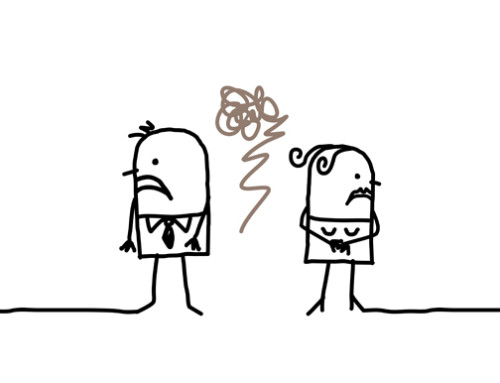

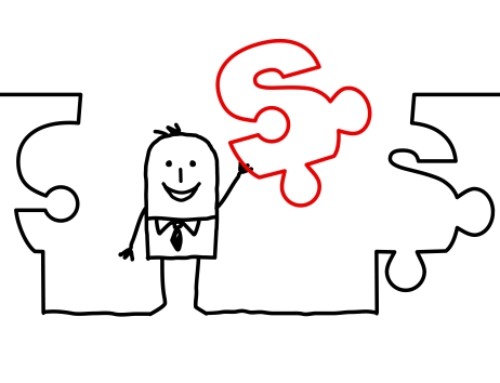
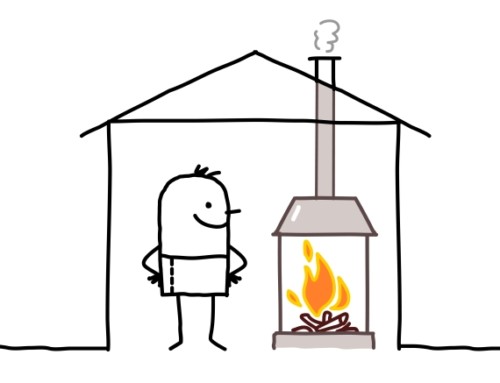
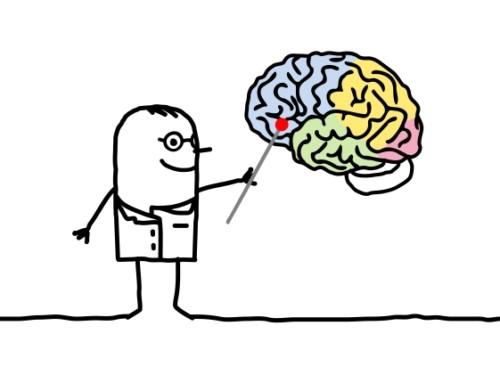
Leave A Comment